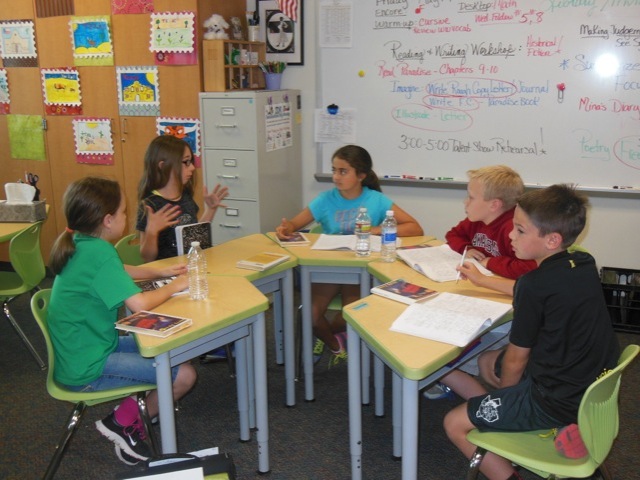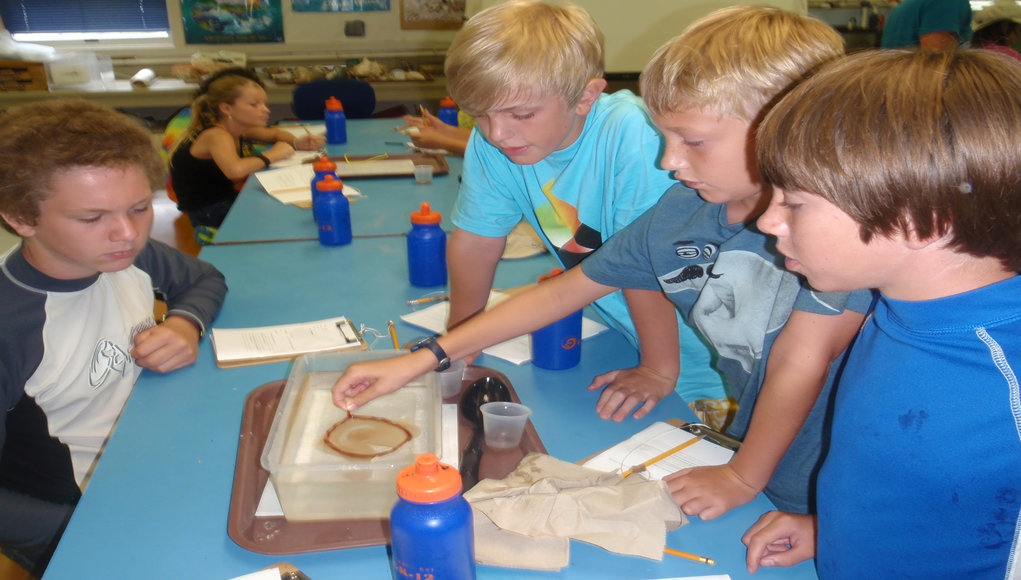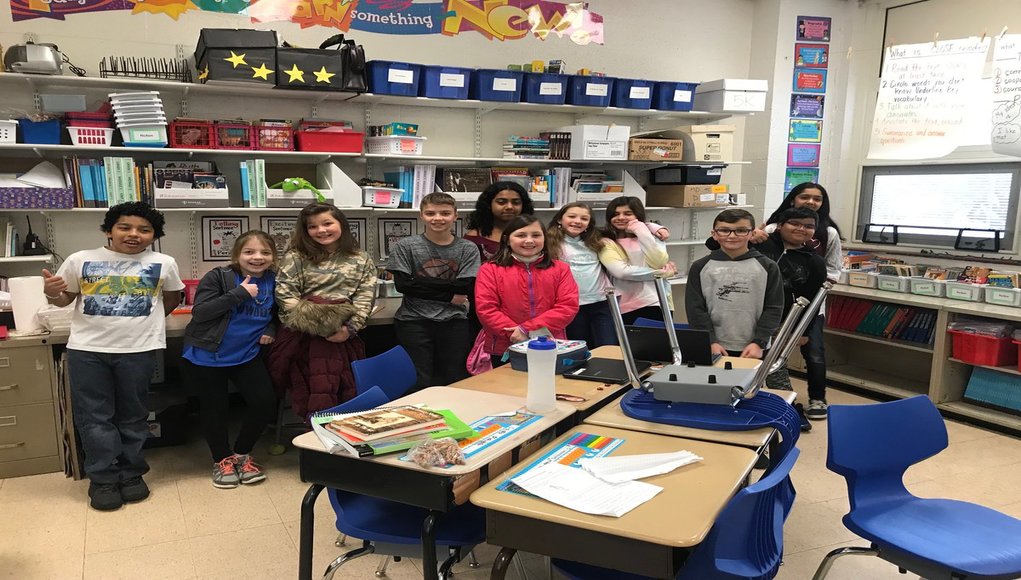Curriculum & Approach

The ELC program supports young children in all aspects of their learning. Our curriculum is guided by the framework of the IB Primary Years Program (PYP) and influenced by the philosophy of Reggio Emilia. The PYP framework supports a play-based curriculum for early learning, creating an environment for children to develop social, communication, research, thinking, physical and self-management skills. It is a center where play, wonder, joy, curiosity and creativity are the ways in which children learn with a strong image of the child, working from the perspective of what children can do as reflected by the philosophy of Reggio Emilia. Through play, children develop attitudes of the IB Learner Profile by collaborating, making judgments, learning how to learn and developing independence and autonomy with the support of teachers. Early Childhood is an important time when children are developing their view of themselves as learners, their sense of autonomy and identity and developing confidence in making decisions. Play is the vehicle by which the children develop skills of initiating, negotiating, working as group members by working through group projects, exploring through imagination, asking questions and reflecting.
Inquiry in the ELC / Pre School is connected to the children’s development of their understanding of the world by exploring, discovering, questioning and interacting with the physical and social world. Play is essential for young children’s cognitive, social, emotional, physical and brain development. Through play, children construct meaning and define themselves as members of a learning community.
Through listening and observing the children closely, and documenting the process of their thinking and understanding, teachers work and learn collaboratively through discussion, reflection, and interpretation of the documentation, putting forward their own theories of how children respond to challenges and provocations. The philosophy of both the PYP and the Reggio Emilia Approach encourages children to wonder and to ask questions, and we strive to create an environment to support this way of thinking. Subject focus is viewed through the lens of a transdisciplinary program. Subjects such as language, mathematics, science, social studies, art etc are woven into the transdisciplinary themes within the Program of Inquiry.
There are single subject teachers who work collaboratively with teachers through:
- Physical education classes held once a week with the PE teacher.
- The Islamic values / ethics curriculum also is the part of our program for Muslim community.
- Every class have their CORNER LIBRARY in their classrooms.
In our approach we place particular value on:
The image of the child- The child is rich with potential
Time/Flow - Unhurried time for the children to experience their hours at school
Space - Space for the children to leave unfinished work to be continued the next day; space which inspires the children to learn; space that fosters natural light, harmonious colors; space for comfortable, child-sized areas and aesthetics
Climate - A classroom atmosphere reflecting adult encouragement, respect and acceptance of mistakes, risk-taking, along with certain amounts of mess, noise, and freedom
Possibilities - For adventures, curiosity, exploration, joy
Technology - Use of technology for creativity, exploration, creating, imagination
Natural Resources - Provide the children with recycled goods and natural resources from the environment, whenever possible.
Our approach also takes into account the following principles:
- Children learn at different rates.
- Learning is a balance between the intellectual, the social, and the personal; each is important and each is interlinked with others.
- Children must be given the opportunity to speak and be listened to in all the many languages – art, physical activity, dramatic play are woven into the daily experiences of learning with and through others.






